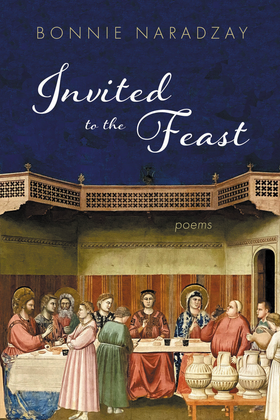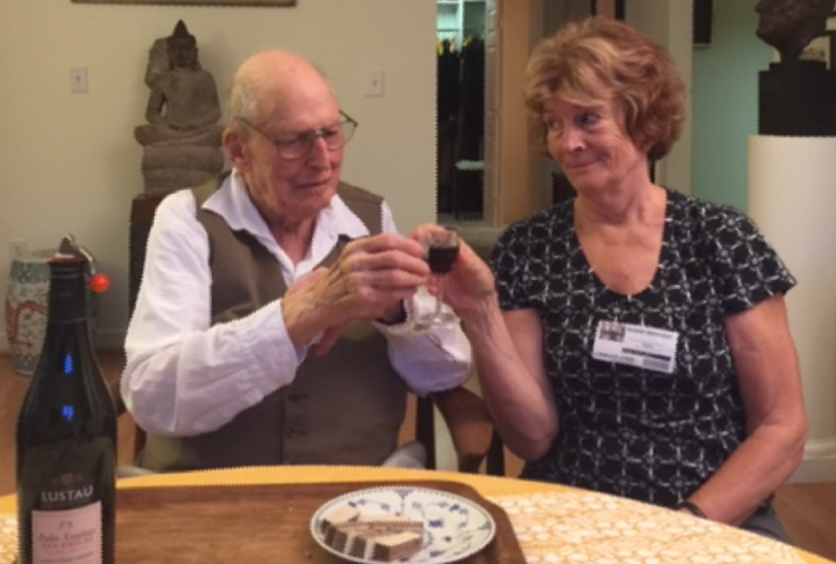Bonnie Naradzay’s poems appear in AGNI, New Letters (Pushcart Nomination), RHINO, Kenyon Review online, Tampa Review, Florida Review online, EPOCH, Pinch (Pushcart Nomination), American Journal of Poetry, One Art (Pushcart Nomination), Potomac Review, Poetry Miscellany, Dappled Things, The Birmingham Poetry Review, Crab Creek Review, Cumberland River Review, and others. Her poetry manuscript, Invited to the Feast, was published October 28, 2025 by Slant Books. Her essay on friendship was published in the anthology, Deep Beauty, in 2020. At Harvard University in the late 1960's, she was a student in Robert Lowell's class, "The King James Bible as English Literature."
In 2010, Bonnie was awarded the New Orleans MFA poetry prize: a month’s stay with Ezra Pound’s daughter Mary in her castle in Northern Italy. In 2017, she completed the Graduate Institute program at St. John’s College, in Annapolis, Maryland. For years, Bonnie has led weekly poetry sessions at Miriam's Kitchen, a day shelter for the homeless, and at Street Sense. She also leads regular poetry salons at Ingleside, a retirement center; all are located in Washington DC.






